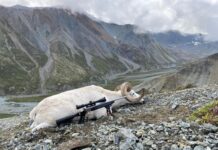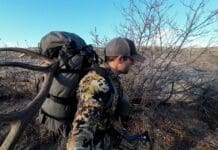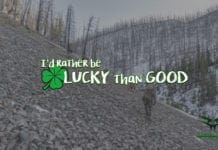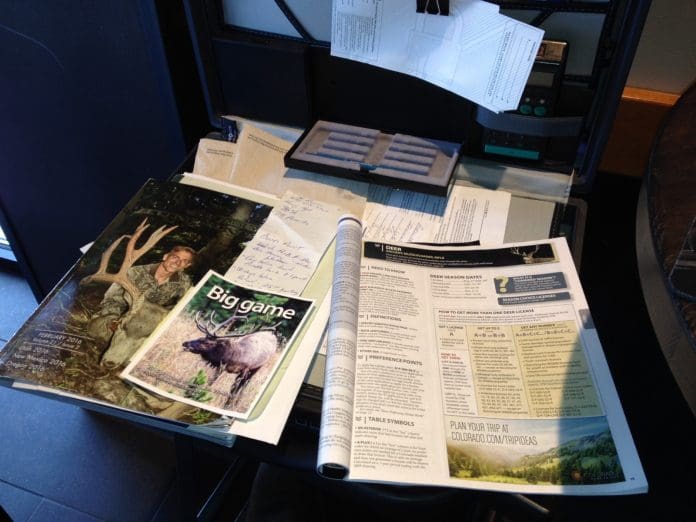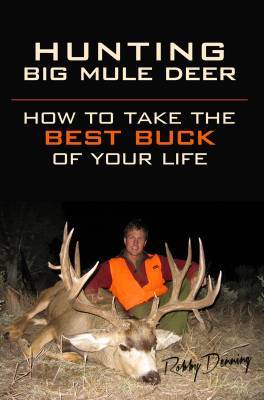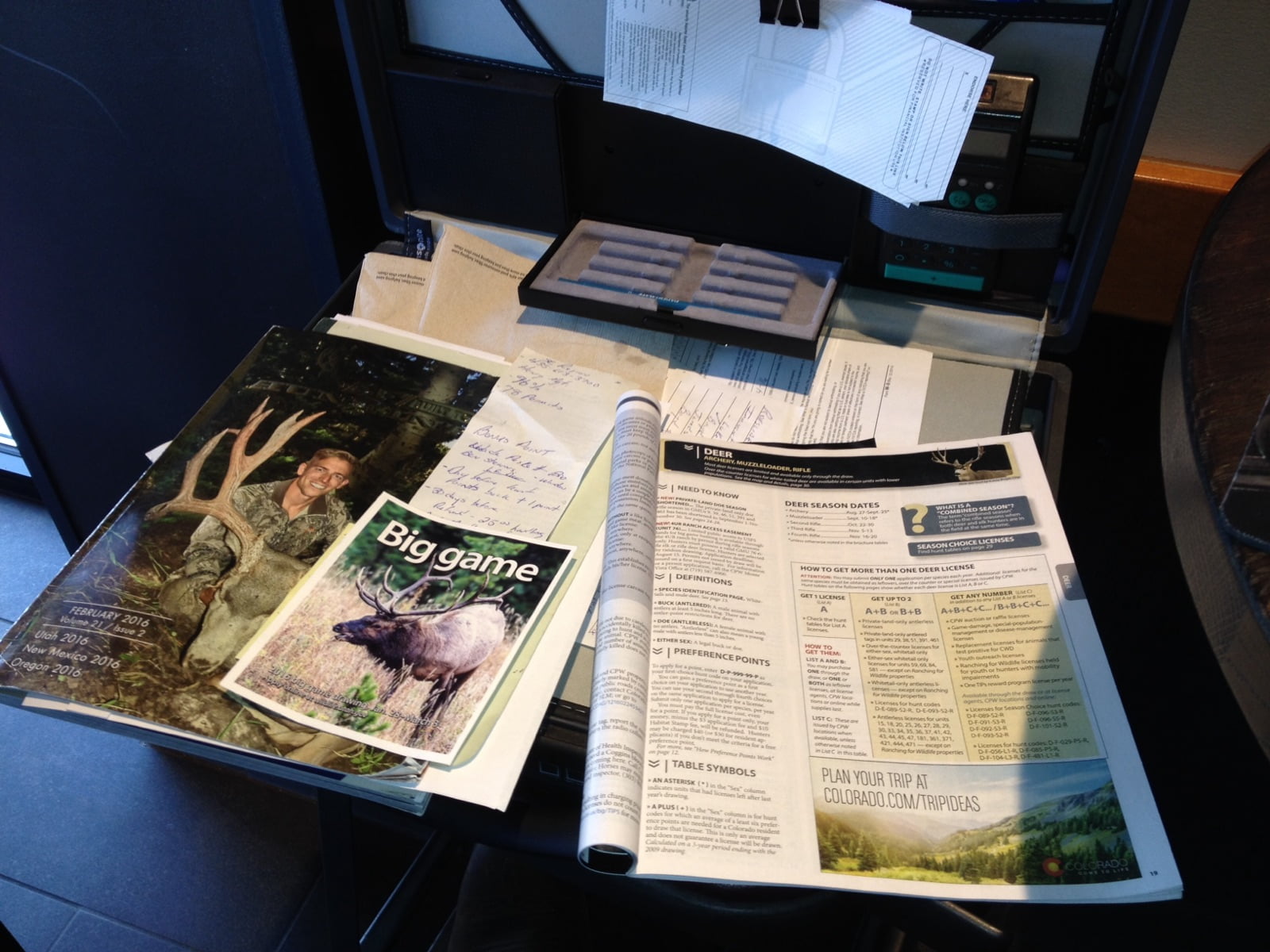
With the West’s first mule deer application deadline of March 3rd around the corner, I thought it was time to talk about research and how I personally decide what hunts I’ll apply for. If you’re looking for a blog post on units to apply for, this isn’t it. I’d rather teach you something that you can use for life.
I’ve blogged extensively over the years on research and dedicated about 20% of my book, “Hunting Big Mule Deer,” to the topic. A mountain of papers, Huntin’ Fool magazines, and notes currently reside in my briefcase as I put together this year’s application strategy. Frankly, it all makes my head swim.
When the feeling of indecision just won’t go away, I always remember that my best “where-should-I-apply?” information is going to come from my own hunting and scouting, or knowing someone in the areas I’m considering applying for. This thinking goes way beyond statistics, Excel spreadsheets, and draw odds but usually yields the very best information. I always consider the units I know first when putting together my yearly application strategy.
Just having a good tag in hand guarantees nothing. In fact, far too many guys show up to a good unit with no real knowledge of where exactly to hunt- as in ridges, canyons, basins- (what I call the “Small Picture Research”) They’re expecting the reputation of the unit to deliver (what I call the “Big Picture Research”) Unfortunately, most hunters never get beyond the Big Picture and therefore don’t kill great bucks.
I’ve hunted several really good draw units over the years in Idaho, Utah, and Colorado. In every single instance it only took a few days to figure out that big mule deer are hard to find even on good hunts. I better know exactly where to be at the prime hours mule deer are moving if I want the best chance at punching my tag.
The best way to learn a unit is by hunting it repeatedly or by preseason scouting. I prefer preseason scouting (either summer or winter scouting) because it speeds up the process and saves valuable days in the fall I’d rather dedicate to hunting. Plus, some units you just can’t draw enough to ever learn them.
If I can’t preseason scout, then my likelihood of applying in a certain unit goes way down. It doesn’t mean I won’t apply, but I need to remember that I’m applying “blind” and if I draw, all my research is going to get crammed into the few months (or weeks sometimes) between draw announcement date and opening day. That’s risky and I only want to exercise that option if it’s a great unit.
Just last month, I made a 450-mile round trip to a Utah unit that I’m considering applying for. Although a quick trip, I got to see the unit with my own eyes and a few of the representative bucks from the area. I also made a contact I wouldn’t have likely made had I not done the trip. Although I haven’t yet decided to apply, if I do, I know exactly what to expect and the logistics it will take to hunt the unit correctly (camp, mode of access, local services, etc).
Most often when I offer this same advice to hunters, they complain (and on the internet in general) that “I can’t scout.” There’s some problems with that thinking….
First, what do you mean you can’t scout? Sure, maybe you can’t head out the back door, fire up the F250 and be in deer country in a half-hour like some hunters can, but you can scout.
Rokslide prostaffer Les Welch lives in Wisconsin but prescouts his public land units almost yearly before returning for the fall hunting season. He’ll catch a plane, rent a car, and with a long weekend, visit the country and the local hunters where he intends to hunt. With at least eight DIY seasons of hunting the West with 100% success rates under his belt, he’s seen the value of scouting. Les is a dedicated hunter and “makes it happen.” 90% of us could do the same thing if we put our minds to it and made the necessary sacrifices…so please don’t tell me “I can’t scout…”
Second, you don’t really need to make two trips yearly to scout. I know more than a few really successful hunters who show up early—way early—for hunts to make sure they know where to be come opening day.
If you’re rolling your eyes at the thought of “burning” another five days just to scout, maybe you should stay home and not lower everyone else’s draw odds. If you want to kill big mule deer DIY, something has to give. If nothing can give at this point in your life, then just build your points for the future. Just make sure you’re not making excuses as that reveals a commitment level that’s not enough to pull off successful DIY hunts far from home.
Next time, I’ll write about the true value of scouting and what to expect from it in this multi-part research series. Make sure you “Subscribe to blog” (Upper right under Fitness/Other) .
Read all about how I research hunts in my book, Hunting Big Mule Deer, How to Take the Best Buck of Your Life







